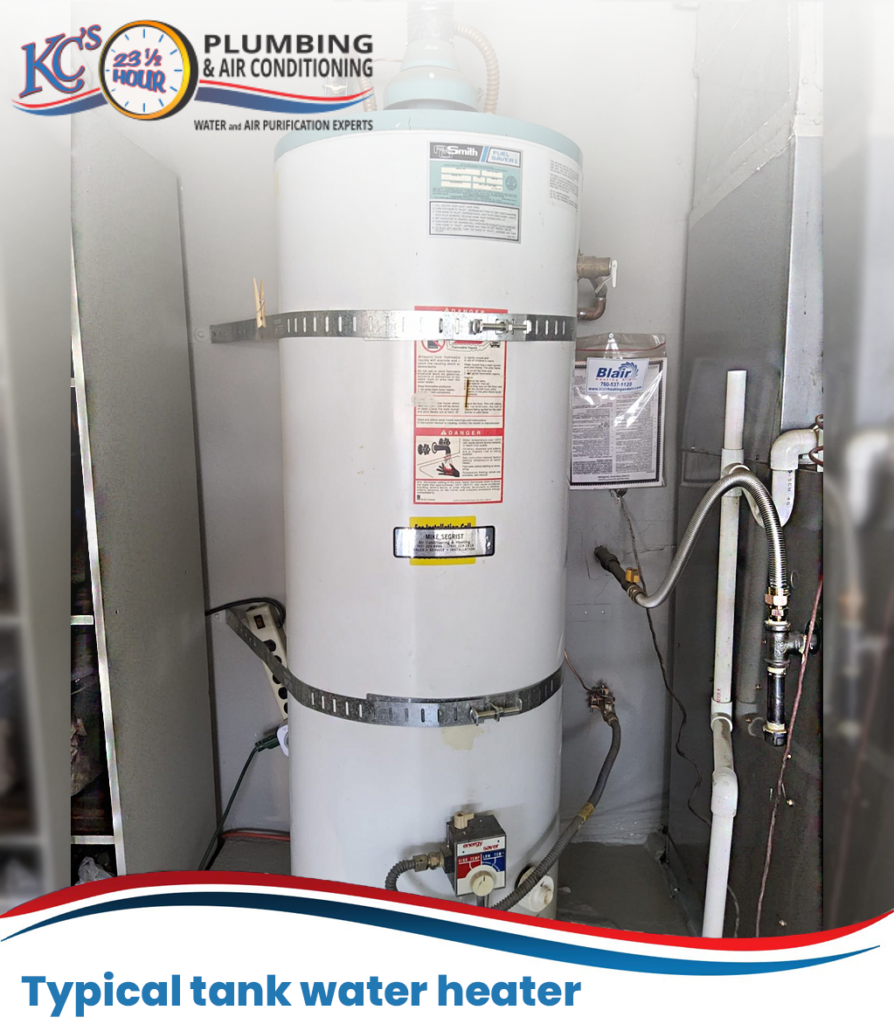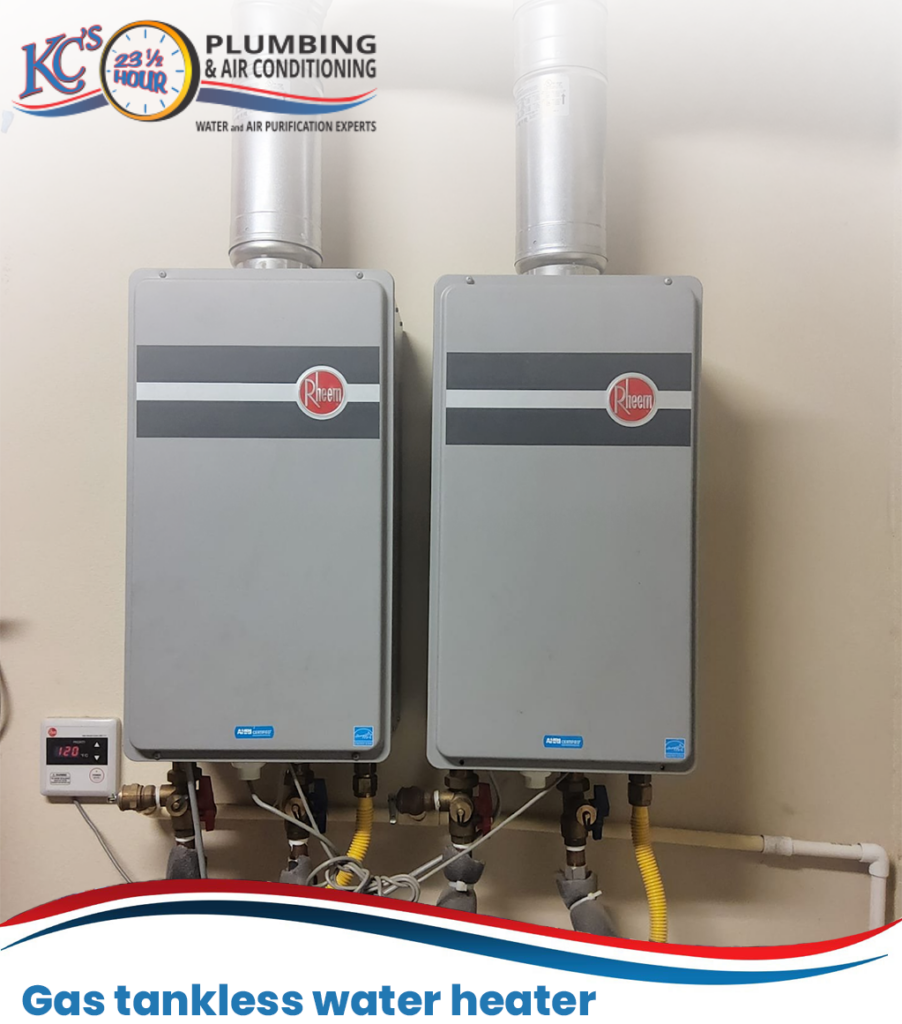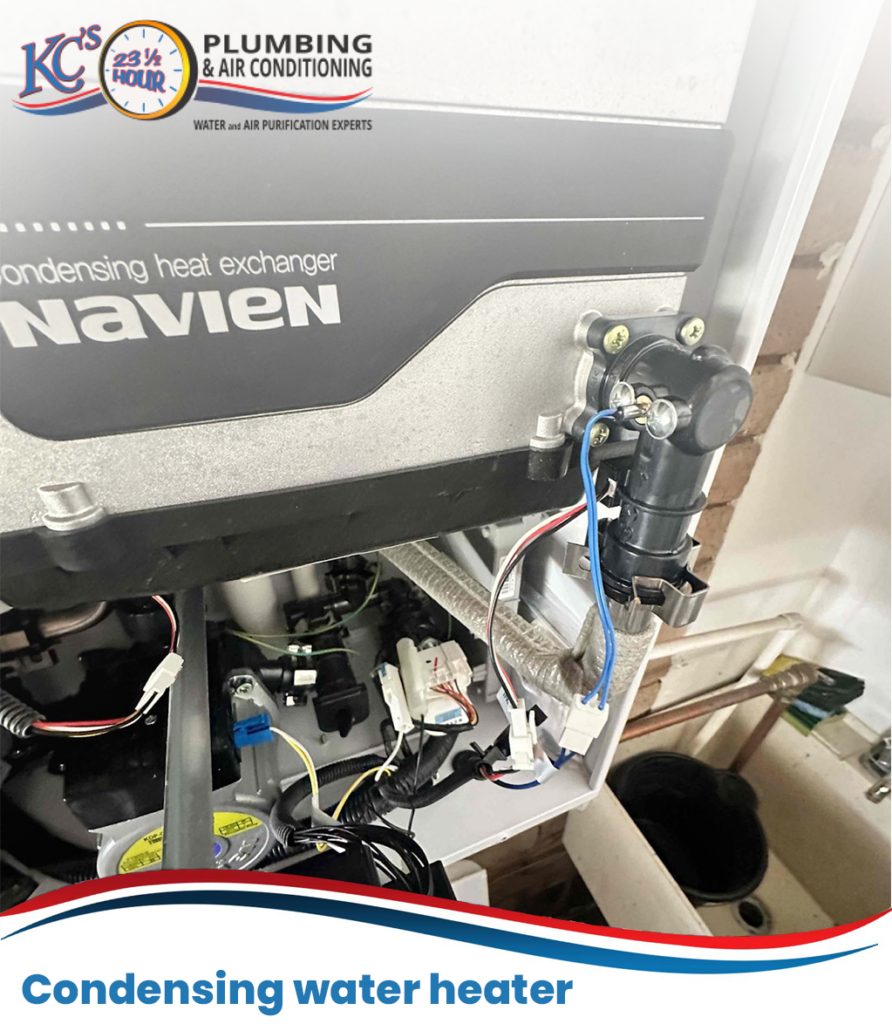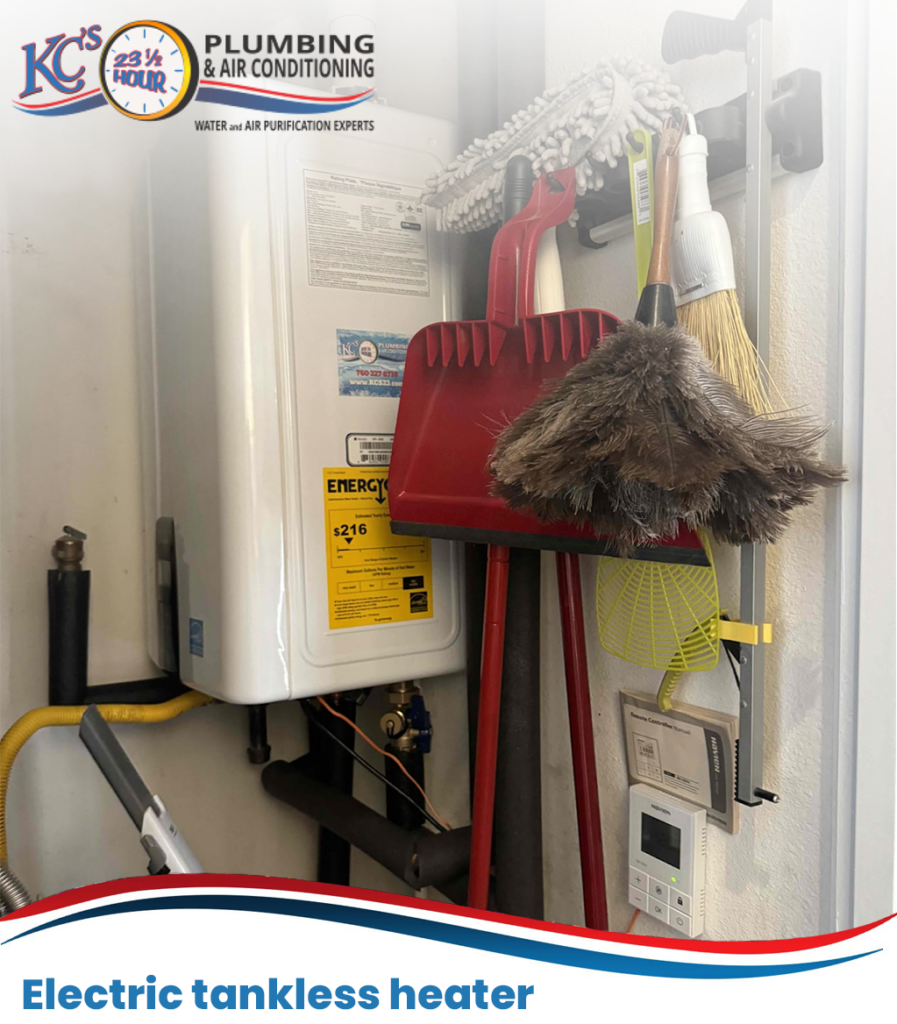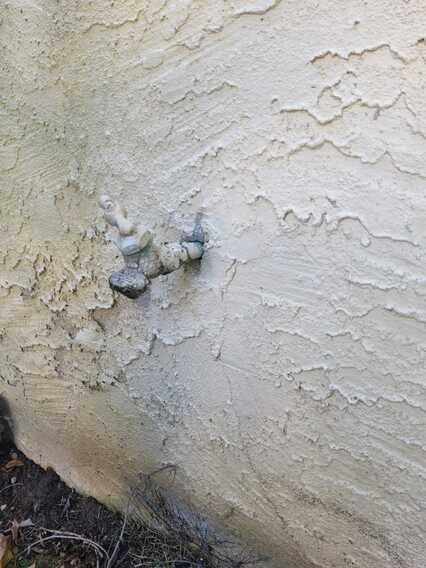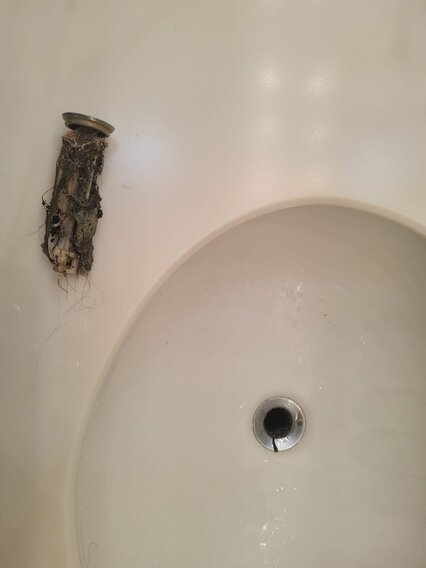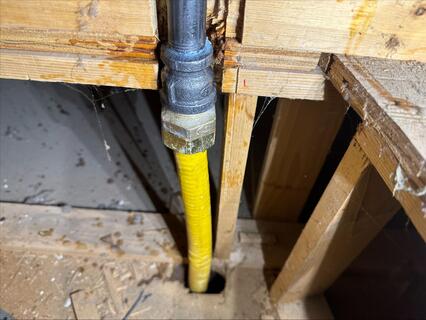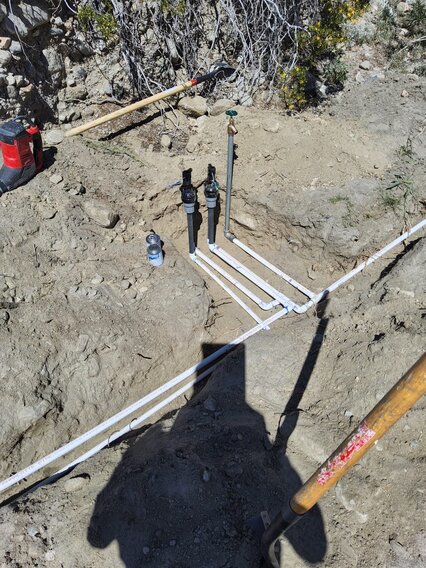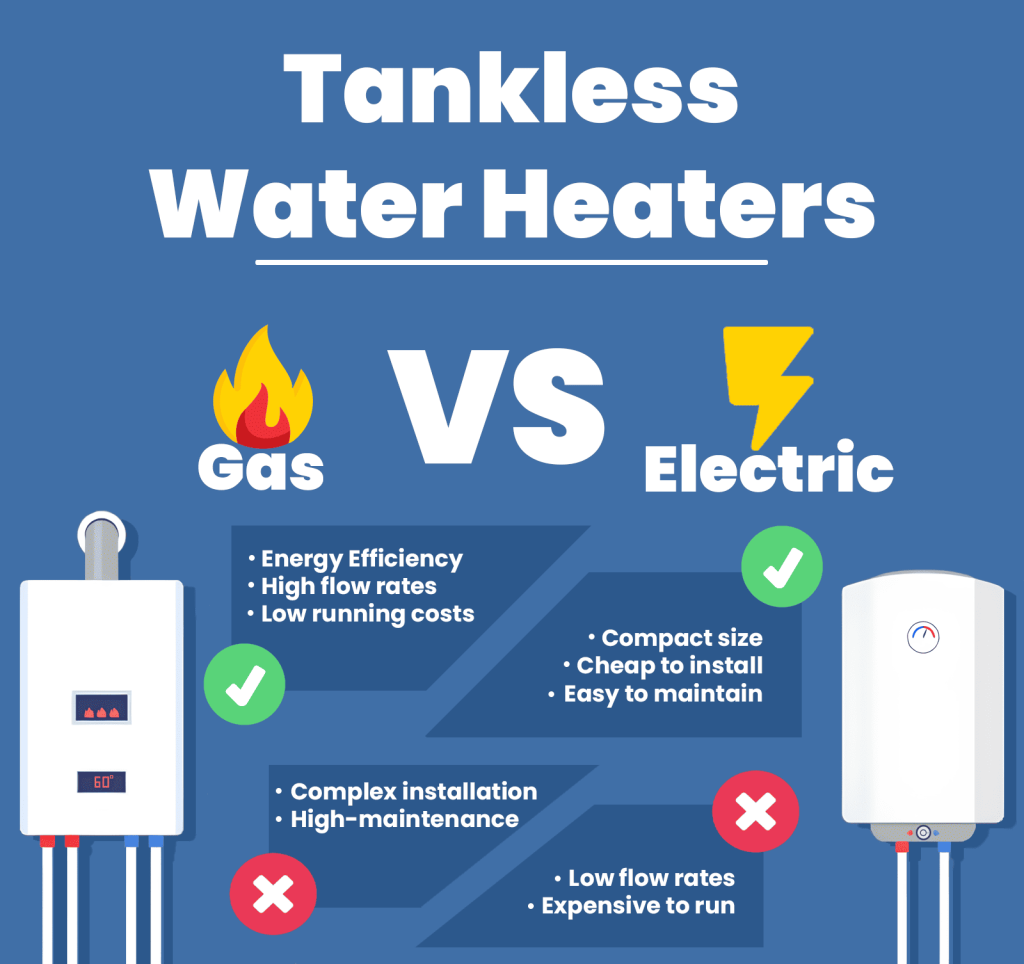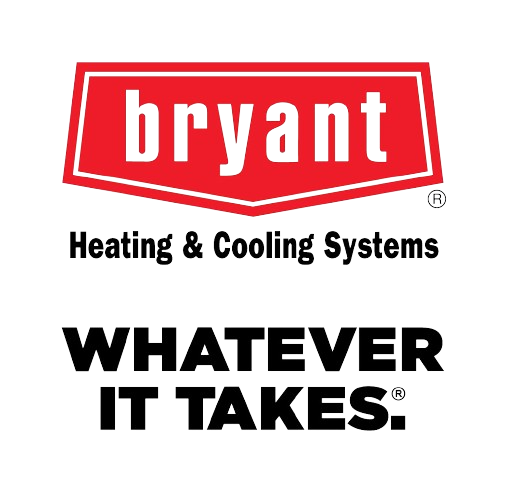Content Table
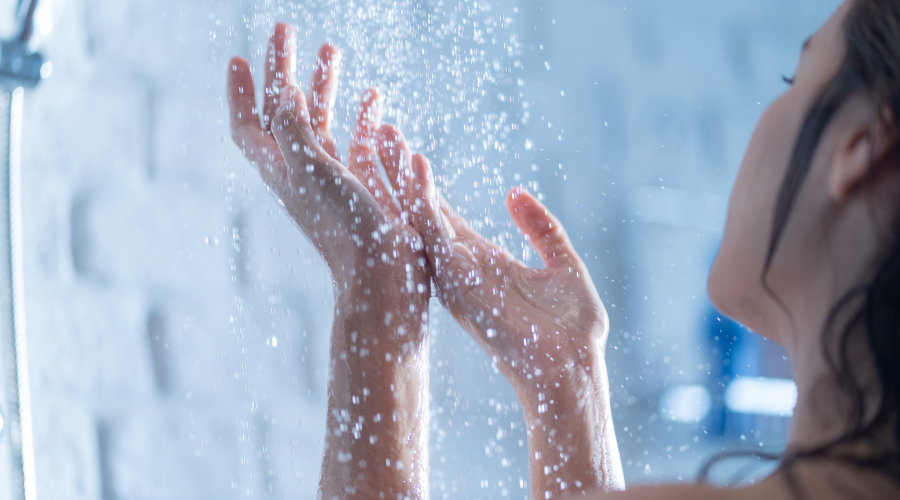
Key takeaways:
- Hard water is a big deal here – If you live in Palm Desert, Indio, Palm Springs, or anywhere in the Coachella Valley, your water is loaded with minerals like calcium and magnesium.
- It’s not just about plumbing – Hard water buildup damages pipes and appliances, but it can also dry out your skin and make your hair feel rough.
- Other water quality concerns – Some areas in the valley have seen issues like arsenic and other contaminants, which can impact health.
- There are solutions – Water softeners, filtration systems, and regular plumbing maintenance can help you get cleaner, healthier water.
Coachella Valley water: What’s coming out of your tap?
If you’ve noticed white spots on your dishes, dry skin after a shower, or gunk around your faucets, you’re not imagining things—that’s hard water in action.
The Coachella Valley’s water supply comes from an underground aquifer stretching 65 miles from the Whitewater River to the Salton Sea. This aquifer naturally picks up minerals like calcium and magnesium, making the water “hard.” This leads to build up in your pipes, appliances, and even on your skin.
But hard water isn’t the only thing to watch out for. Some areas have reported elevated levels of arsenic—a naturally occurring element that, in high amounts, can pose health risks.
How hard water affects your home and health
Most people assume their plumbing will last forever—that as long as water flows, everything’s fine. But that’s not how it works. We’ve seen what happens when hard water is left unchecked, and the damage goes deeper than most homeowners realize.
Hard water isn’t just an inconvenience—it’s an active threat to your plumbing, appliances, and even your health. Over time, minerals don’t just sit there—they build up, react, and corrode, forcing your home’s systems to work harder, wear out faster, and break down sooner.
Ignoring it means shortened appliance lifespans, rising utility bills, and hidden leaks eating away at your plumbing. And if you think it only affects your pipes? Your skin and hair take a hit, too.
Let’s break it all down.
Wreaks Havoc on Your Plumbing
Hard water doesn’t just clog pipes—it actively damages them. Over time, mineral deposits restrict water flow, corrode pipes, and weaken plumbing fixtures.
- Clogs pipes over time – Minerals like calcium and magnesium collect inside pipes, shrinking water flow and leading to low pressure, slow drains, and eventual blockages.
- Speeds up appliance breakdowns – Hard water buildup forces water heaters, dishwashers, and washing machines to work harder, shortening their lifespan.
Causes corrosion & hidden leaks – When minerals react with metal pipes, they speed up corrosion, which can weaken plumbing and cause leaks over time—a common issue in older homes and vacation homes with pipes that sit unused for longer periods.
Messes with Your Skin & Hair
Ever stepped out of the shower feeling drier than before you got in? That’s hard water stripping away your skin’s natural moisture.
- Causes dry, itchy skin – Hard water leaves behind a film, preventing moisture from absorbing properly.
- Weakens & dulls hair – Minerals cling to hair, making it harder to rinse shampoo and conditioner. This buildup can cause breakage and a dull, weighed-down look.
Worsens skin conditions – Studies have linked hard water to worsened eczema and skin irritation.
Tastes kind of funny, too
- Chalky, mineral taste – Some people notice a slightly “off” taste from the high mineral content in tap water.
What happens when you treat hard water?
We’ve worked with homeowners who thought their water was “just fine”—until their water heater failed years earlier than expected, their pipes corroded from the inside out, or they spent a fortune on skin and hair products trying to undo what their water was doing to them.
Hard water damage isn’t always obvious—until it is. And by then, it’s expensive. But the moment you treat it, you see the difference:
- Water pressure improves – Pipes and fixtures stay clear of scale buildup, keeping water flowing strong.
- Lower utility bills – Appliances like water heaters, dishwashers, and washing machines run more efficiently, using less energy.
- Soap lathers better – No more battling mineral-coated skin that won’t rinse clean.
- Fewer plumbing repairs – Corrosion and leaks become less frequent, meaning fewer unexpected repair costs.
- Water tastes better – No more chalky or metallic taste—just clean, crisp water.
The difference is night and day—and the right solution depends on your home’s needs.
Hard water’s gotta go: Tips & solutions
California has strict laws on salt-based water softeners, and in many parts of Riverside County, they’re outright banned due to their impact on wastewater and the environment.
But hard water is still a major issue—so what can you do? There are better, more eco-friendly solutions that keep your plumbing protected and your water clean.
HydroFlow West
As California’s only dealer for HydroFlow West, we offer a revolutionary, salt-free way to treat hard water without chemicals, maintenance, or waste.
HydroFlow uses electromagnetic waves to break up mineral deposits before they form, preventing scale buildup and corrosion in pipes and appliances.
No salt. No filters. No maintenance. Unlike traditional softeners, HydroFlow requires zero upkeep and is completely legal in all of California.
Whole-Home Filtration Systems
Filtration removes sediment, chlorine, and certain contaminants before they reach your taps, improving taste and water quality.
- Great for reducing chlorine, sediment, and metals
- Meets California’s environmental regulations
- Works with existing plumbing
Water Purification Systems
For concerns beyond hard water—like arsenic, bacteria, or nitrates—water purification systems offer the most thorough filtration.
- Reverse osmosis to remove dissolved contaminants
- UV purification to kill bacteria and viruses
- Whole-home or under-sink options available
Routine Plumbing Maintenance
Even with the best water treatment, hard water takes a toll over time. Regular plumbing maintenance can catch buildup and corrosion early, saving you from expensive repairs.
- Extends the life of pipes & appliances
- Ensures strong water pressure & efficiency
Ready to take control of your home’s water quality?
You don’t have to live with chalky water, clogged pipes, or dry skin. The right filtration and softening systems can make a huge difference in your home and health.
Ready for better water? Schedule your service today!

